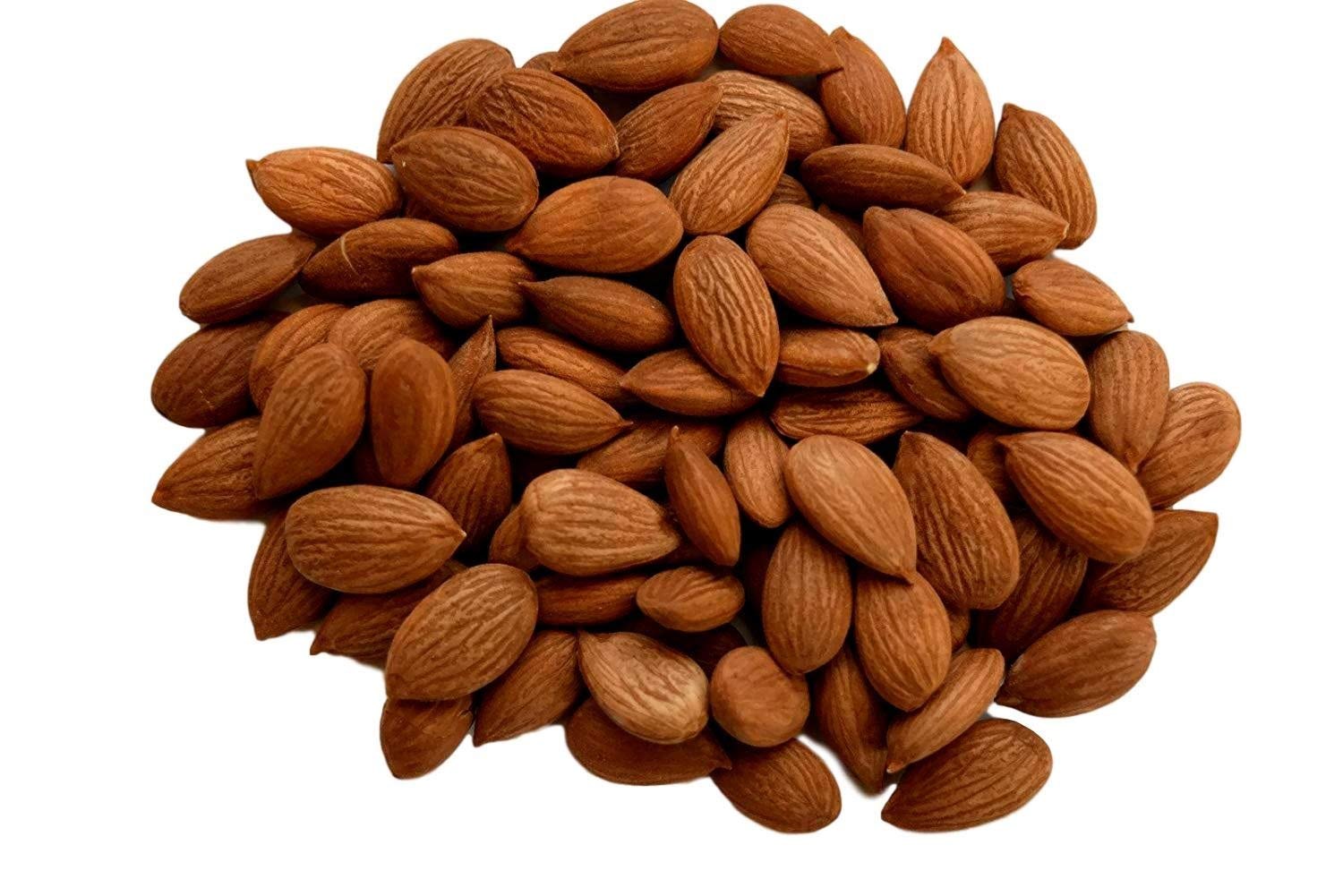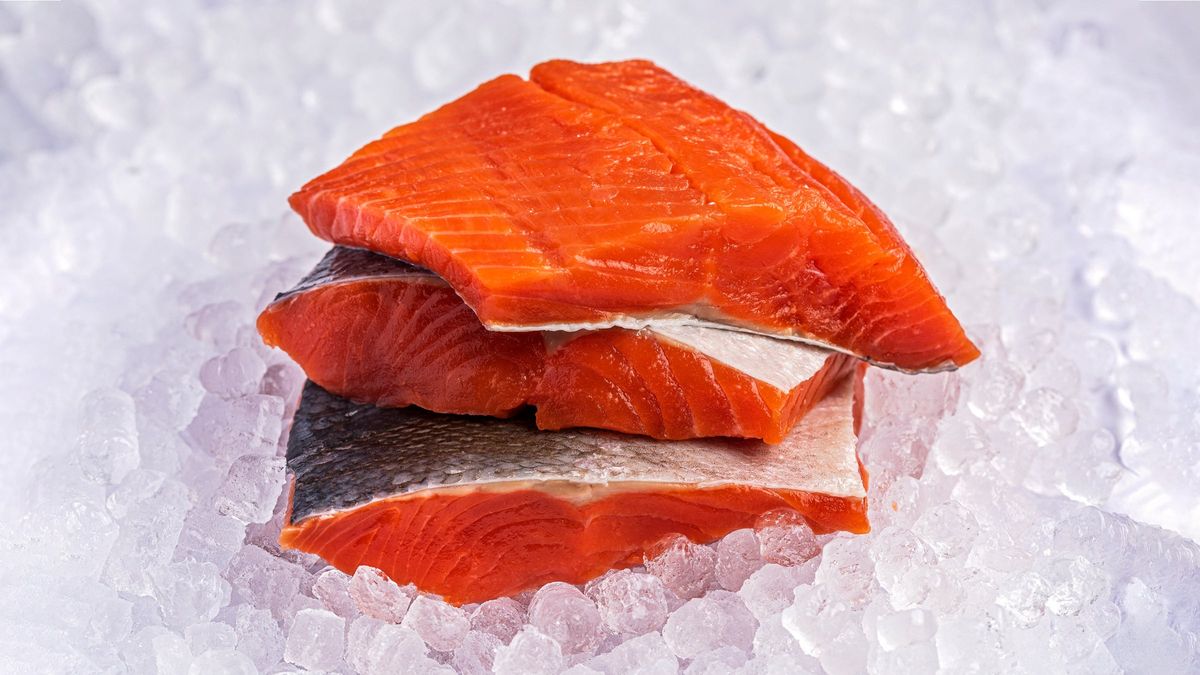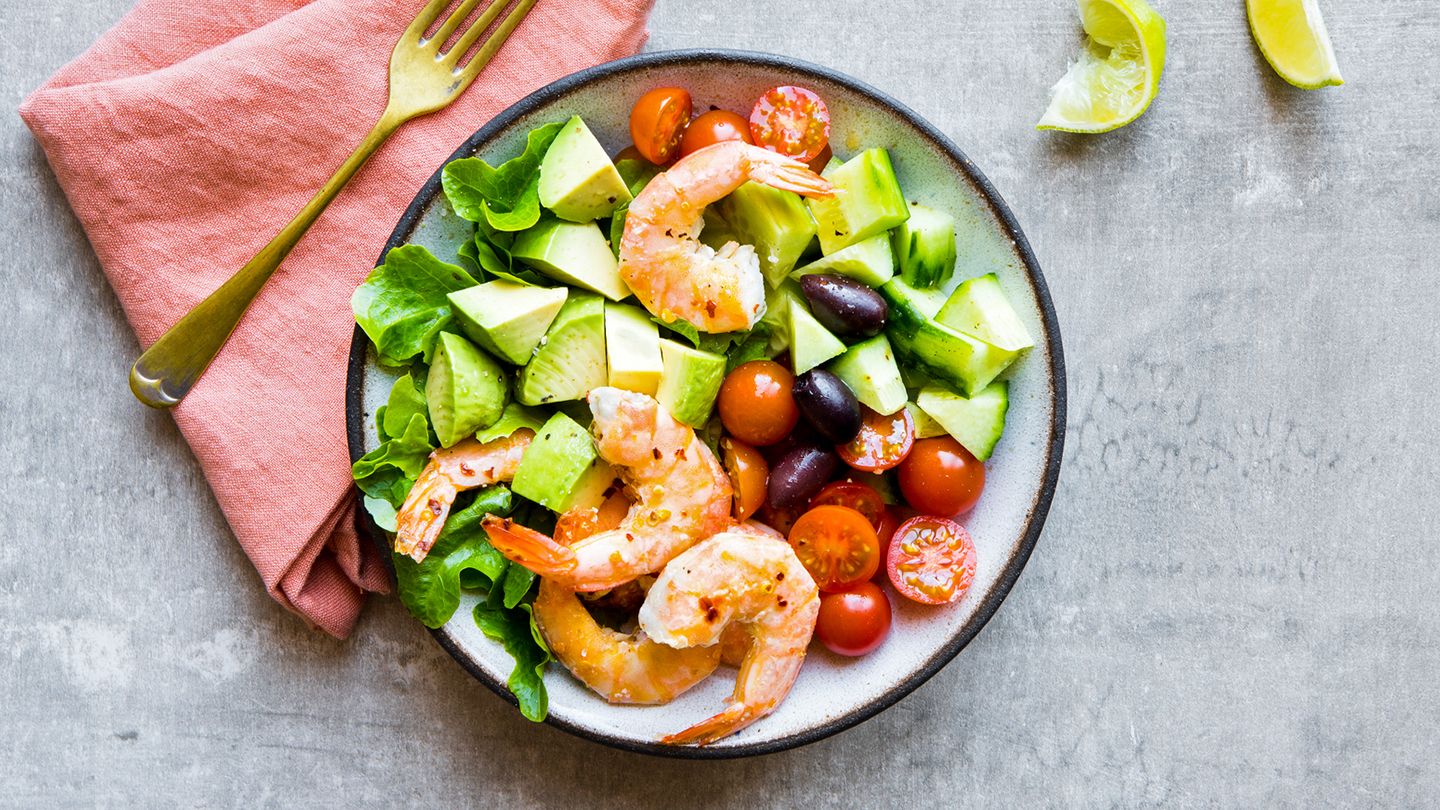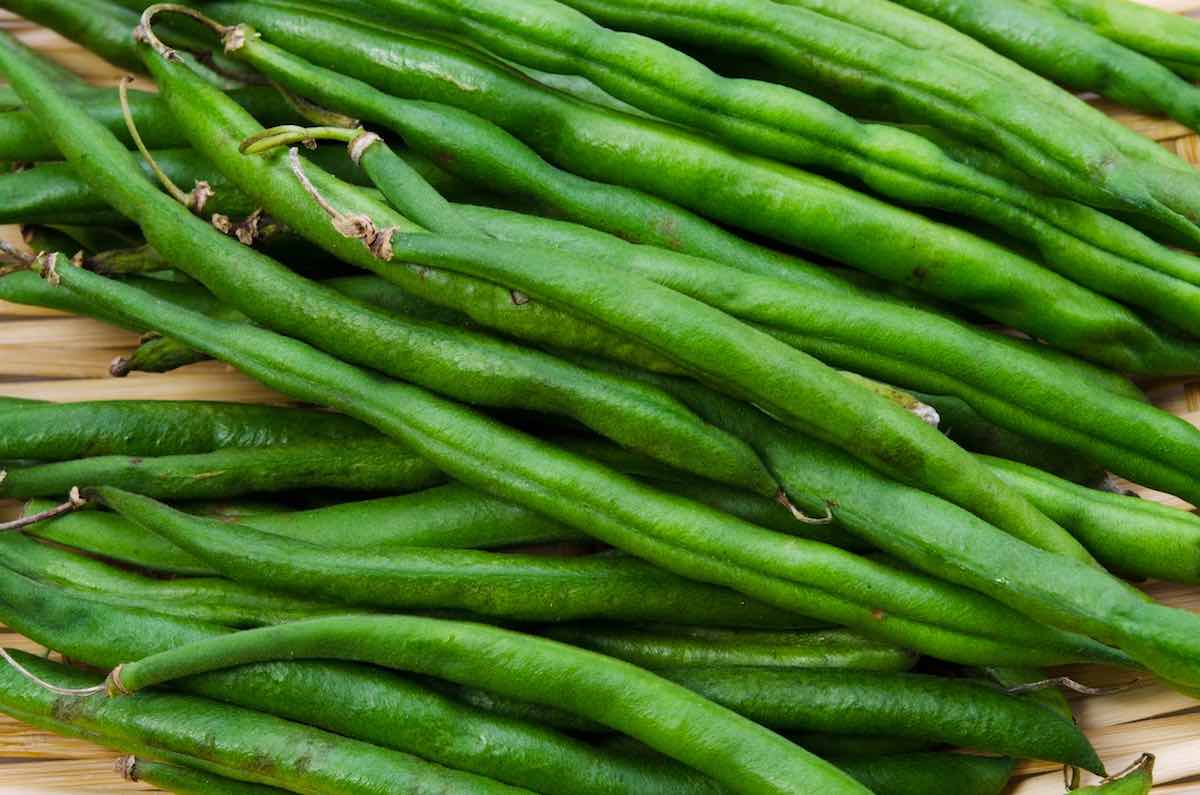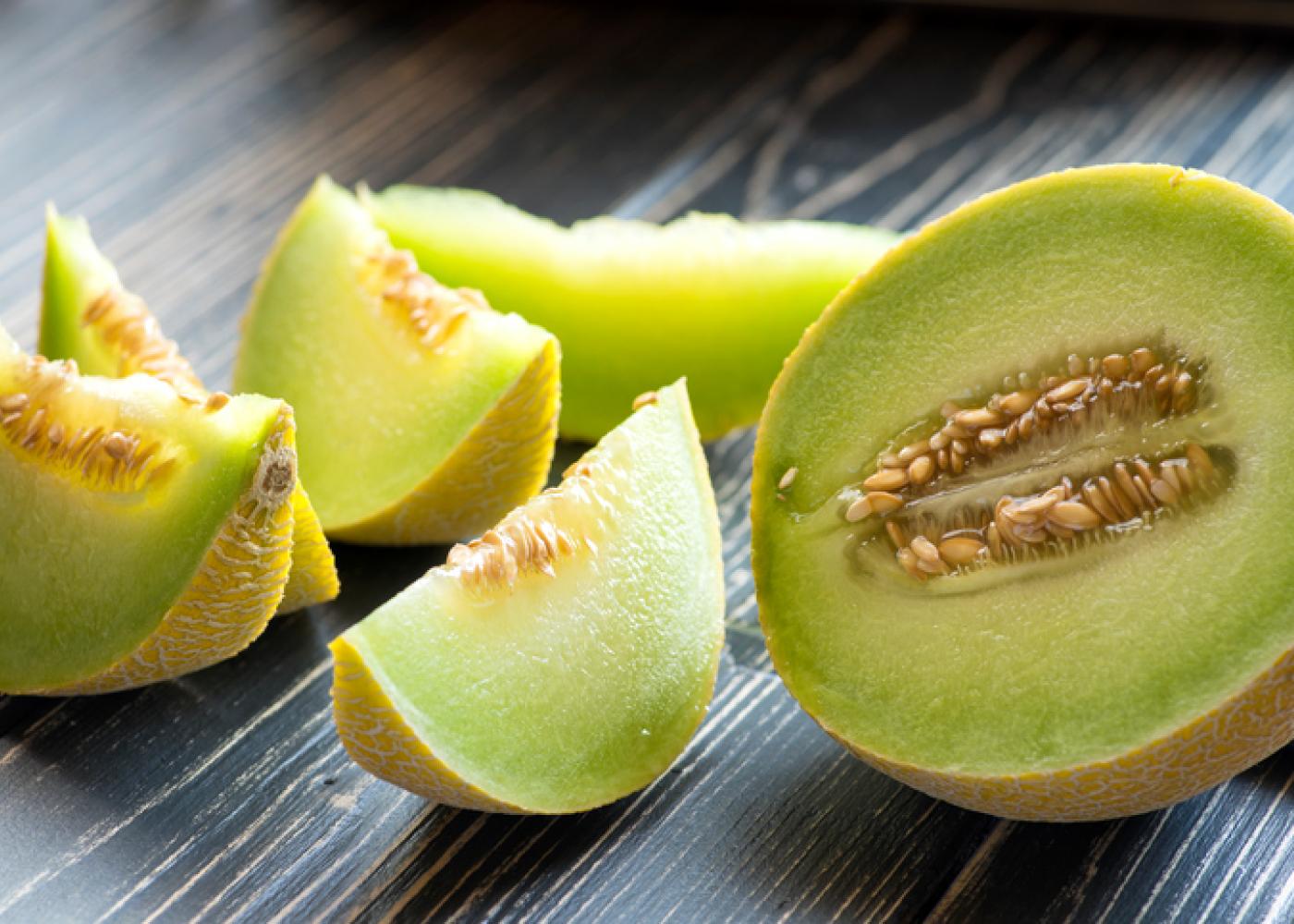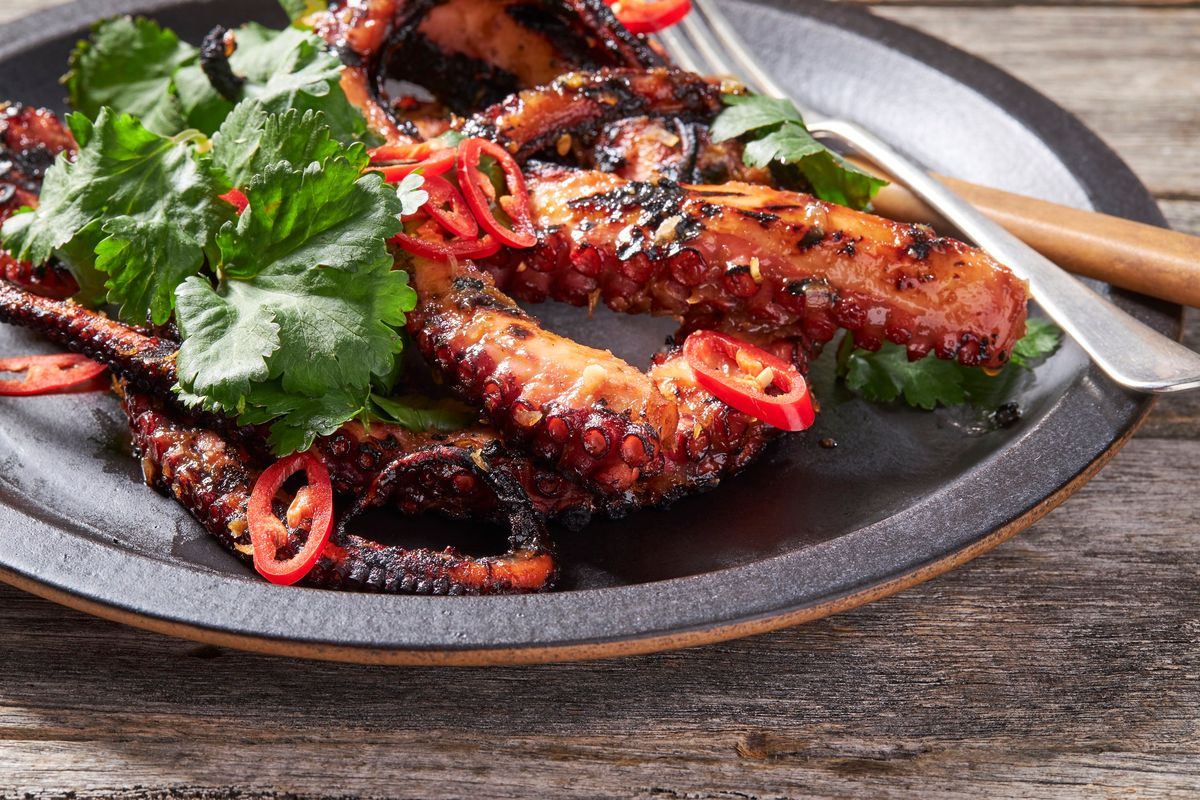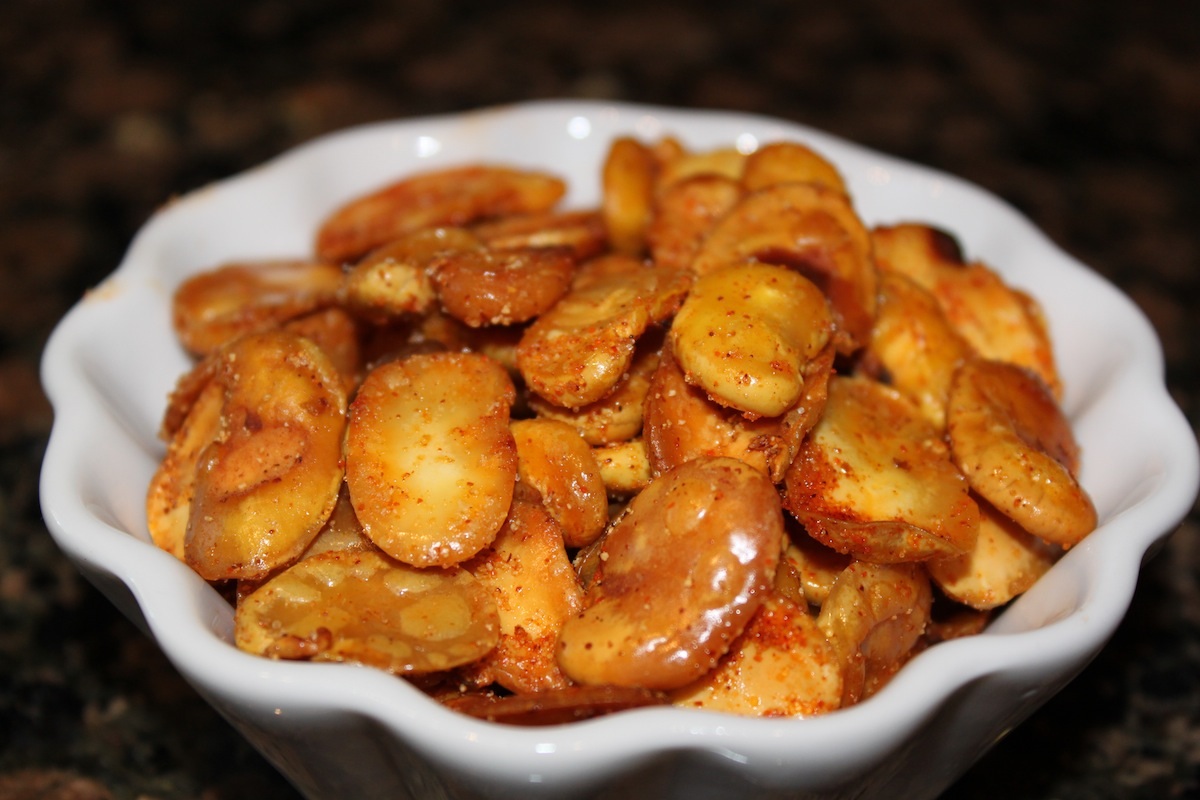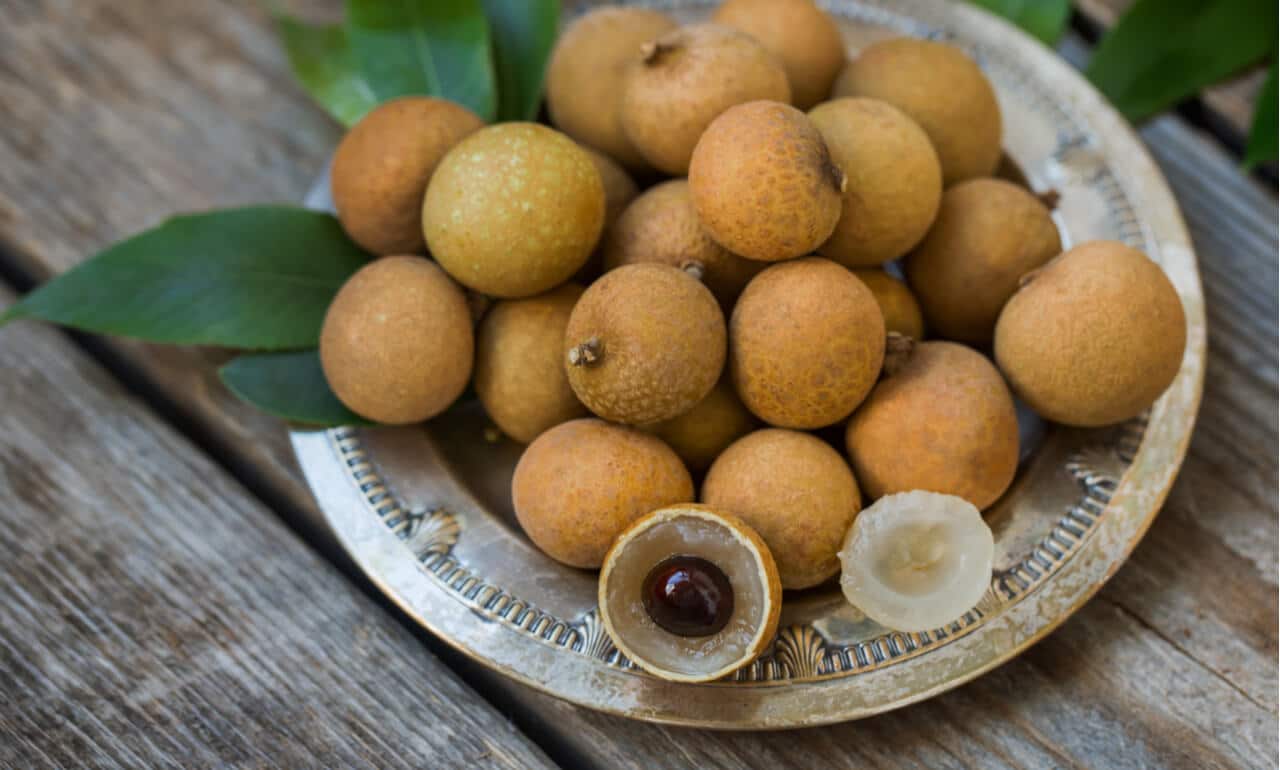Unlocking the Potential of Apricot Seeds
Apricot seeds, also known as apricot kernels, are the seeds found inside the pit of the apricot fruit. These small seeds have gained attention for their potential health benefits, but it’s important to know how to consume them safely and effectively. In this article, we will explore the best ways to eat apricot seeds to maximize their nutritional value and minimize any potential risks.
Understanding the Controversy
Before delving into the ways to consume apricot seeds, it’s crucial to address the controversy surrounding their safety. Apricot seeds contain amygdalin, a compound that can release cyanide when metabolized in the body. As a result, there is a debate about the safety of consuming apricot seeds and the potential risks associated with cyanide poisoning.
Safe Consumption Guidelines
While the debate continues, it’s essential to approach the consumption of apricot seeds with caution. Here are some guidelines to ensure safe consumption:
- Limit intake: It’s recommended to consume apricot seeds in moderation to minimize the risk of cyanide exposure.
- Choose quality sources: Opt for high-quality, organic apricot seeds to reduce the likelihood of exposure to harmful chemicals.
- Avoid bitter seeds: Bitter apricot seeds contain higher levels of amygdalin, so it’s best to choose sweet apricot seeds for consumption.
Ways to Enjoy Apricot Seeds
Despite the controversy, many people are interested in incorporating apricot seeds into their diet due to their potential health benefits. Here are some safe and enjoyable ways to consume apricot seeds:
1. Raw Consumption
Some individuals choose to eat apricot seeds raw, either on their own or by adding them to smoothies or salads. When consuming raw apricot seeds, it’s crucial to adhere to the recommended intake guidelines and opt for sweet varieties to minimize the risk of cyanide exposure.
2. Apricot Seed Butter
Similar to almond or peanut butter, apricot seed butter can be made by grinding apricot seeds into a smooth, spreadable consistency. This allows for a convenient and delicious way to incorporate apricot seeds into your diet. When making apricot seed butter, ensure that the seeds are properly processed to reduce any bitter taste and potential cyanide content.
3. Baking and Cooking
Apricot seeds can also be used in baking and cooking to add a nutty flavor to various dishes. From incorporating them into homemade granola bars to using them as a topping for baked goods, apricot seeds can offer a unique twist to your culinary creations. When using apricot seeds in cooking, it’s important to follow recipes that specify safe quantities and preparation methods.
Consulting a Healthcare Professional
Before incorporating apricot seeds into your diet, it’s advisable to consult with a healthcare professional, especially if you have any underlying health conditions or concerns. A qualified healthcare provider can offer personalized guidance and address any potential risks associated with apricot seed consumption based on individual health factors.
Conclusion
Apricot seeds have sparked interest for their potential health benefits, but it’s crucial to approach their consumption with caution and awareness of the associated risks. By following safe consumption guidelines and exploring creative ways to enjoy apricot seeds, individuals can unlock their nutritional potential while minimizing potential hazards. As with any dietary change, it’s important to make informed decisions and prioritize safety when incorporating apricot seeds into your diet.
More Delicious Ways to Incorporate Apricot Seeds
For those eager to integrate apricot seeds into their culinary repertoire, the range of recipes provided offers a delightful variety of options. From sweet treats to savory dishes, there's something for everyone. A highly recommended starting point is the Apricot Seed Granola Bars, perfect for a nutritious snack. Another must-try is the Apricot Seed and Almond Trail Mix, ideal for on-the-go energy boosts. For a unique breakfast option, the Apricot Seed Pancakes with Maple Syrup blend traditional flavors with a crunchy twist. Each recipe is designed to make use of apricot seeds in a way that enhances flavor while adding nutritional benefits, making them perfect choices for those looking to experiment with new, wholesome ingredients in their kitchen.
